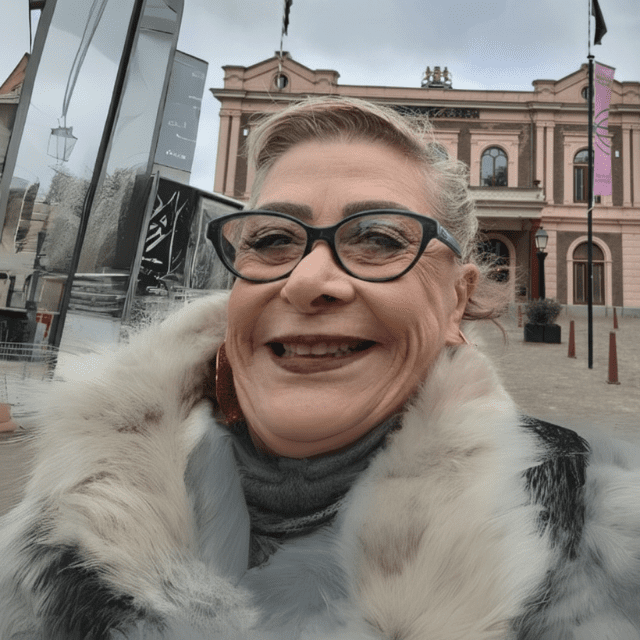Homeopathy in Dentistry – a Retrospective Through the World
Abstract
Homeopathy created by Samuel Hahnemann in 1796 follows the health-centered model of attention, placing all dimensions of the individual at the center of this paradigm.
It has as a characteristic to strengthen the patient both in their biological capacities of health maintenance as in those of self-care, besides promoting a humanized attention by the trained health professionals.
Experience has demonstrated its ability to reduce drug dependence and demand for interventions and emergencies, reducing public service costs and improving quality of life.
Dental specialties are increasingly updating themselves with imaging diagnoses, immunological polymorphisms, as well as improving the techniques of mechanistic interventions.
It is the explosion of the Science of the 3rd Millennium, but that unfortunately distances itself from the Integral Man, who has been left aside. This nowadays, is observed as a machine connected by wires, or rather, softwares. This individual is a unique and indivisible being, and as much as he tries to clone it, Science will not achieve this perfection.
The effort of homeopaths for a new view of the Integral Man and its Complex Systems is not unfounded, since many misdiagnoses arise due to not considering the biopatography, the incompatibilities with the chronic diseases, the relations of the individual with the environment in which lives and the family.
Another interesting and important topic is the interventions in chronic cases where the individual uses biomedicine drugs for a long time and whose withdrawal puts the integrity of the individual at risk. As these drugs act on the effector organ to produce an artificially adequate result while the homeopathic drug acts on the receptors, the action result stimulating self-regulation balancing the system contributes to naturally produce the desired result.
Therefore, Homeopathy in Dentistry comes to add to the concept of treatment and healing, which is the ideal of every human being, who respects and loves his neighbor in the integral context of the individualization of being.
The performance of Homeopathy in Dentistry allows the development of professional care, without replacing the current technical-operational procedures, but prepares and facilitates the work of professional work.
The therapeutic possibilities of Homeopathy in Dentistry can be applied in all procedures and areas of dental specialties: Minor Oral Surgery, Bucomaxillofacial Surgery, Restorative Dentistry, Endodontics, Implantodontics, Pediatric Dentistry, Orthodontics, Functional Jaw Orthopedics, Odontogeriatrics, Public Health, Stomatology, Periodontics, Prothesis, Radiology and Patients with Special Needs.
Homeopathy aims to promote the health of the individual with regard to the prevention of diseases and the individual’s perception of himself and the environment in which he is inserted, because during the homeopathic anamnesis, the individual realizes the importance of observing, to know it, so that it can transmit this to the professional, who seeks to understand it to choose the homeopathic medicine that will rescue its balance, within the homeopathic concept of health-disease.
OBJECTIVES OF HOMEOPATHY IN DENTISTRY
Influence technical-dental work and make it more humanized.
To motivate the professional of dentistry in the understanding and the search for integral health.
Increase the capacity of observation of the health-disease process.
Ensure the epistemological ethics in relation to the other areas of current knowledge, which approach the human being beyond the biological aspect.
5 – Stimulate homeopathic dental research within the regulations of each country.
CONSIDERATIONS:
Since the 1970, WHO has expressed its commitment to encourage Member States to formulate and implement public policies for the rational and integrated use of traditional and complementary / alternative medicine (MT / CAM), that is, the a set of therapeutic practices and actions that are not present in biomedicine, including homeopathy, in national health care systems, which involve approaches that seek to stimulate the natural mechanisms of disease prevention and health recovery through effective and safe technologies , with emphasis on welcoming listening, developing the therapeutic bond and integrating the human being with the environment and society;
It effectiveness history, its humanizing approach and its optical not fragmentary acredit homeopathy as a therapeutic option able to produc lasting results and deserve to be inserted in all the World Heath System, in the Public Policies of Oral Health.
The dawn of the 21st century brought to Brazilians due to strong popular demand, the understanding, on the parto f the main bodies of Public Power linked to the health área, in particular, the Ministry of Health and the professional regulataory Councils, that it is necessary to deeply and repnsibly rethink the HEALTH X DISEASE process, in its philosophy and pratice, in the training and provision of Heath services in Brazil.
Homeopathy in Dentistry in Brazil is present in the five Brazilian regions, from Roraima to Rio Grande do Sul and even present in some Dentistry Faculties and entities, spreading it and forming new homeopathic dentists. Several national articles have been published in Brazil and abroad in periodicals of expression over the last few years, as well as several Dentist Doctors have concluded master’s and doctorate with dissertations and theses on the application of Homeopathy in Dentistry.
Since 1999, Homeopathic Dentistry has established itself globally, demonstrating their expertise in mastering this science within the field of dentistry, alongside the world’s largest homeopathic organization –
LIGA MEDICORUM HOMEOPHATICA INTERNACIONALIS, founded in Rotterdam in 1925.
The LMHI is the world’s largest homeopathic organization, with a scientific, political, and regulatory role in homeopathic science. One of its most important projects is working with the World Health Organization to establish guidelines for high-quality professional training and its application.
In 2002, in Moscow, Russia, the inclusion of Dentistry in the LMHI was approved, becoming the first Secretary of Dentistry on its Executive Committee.
Presented by
Professor, PhD, Homeopath, and
Buco Maxilo Facial Surgeon




